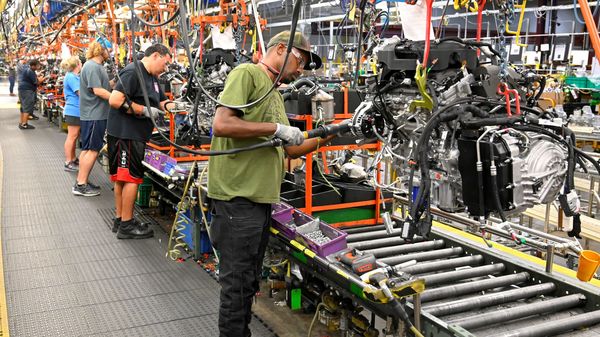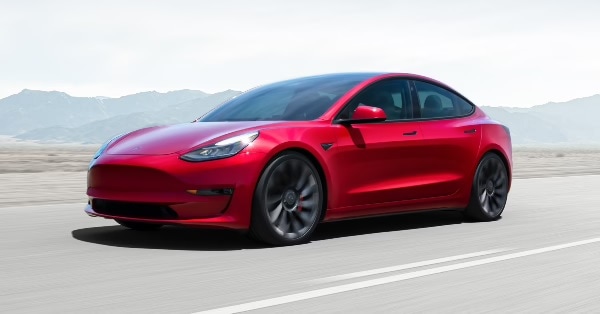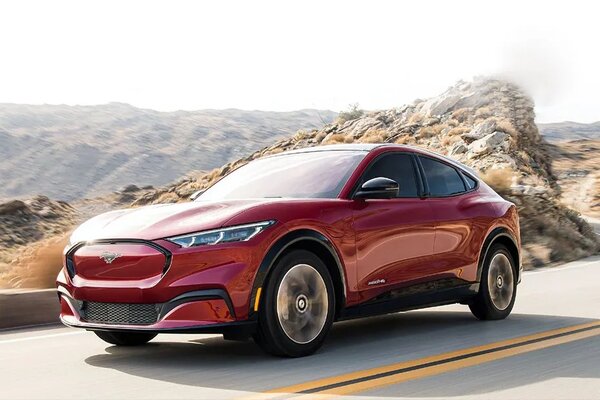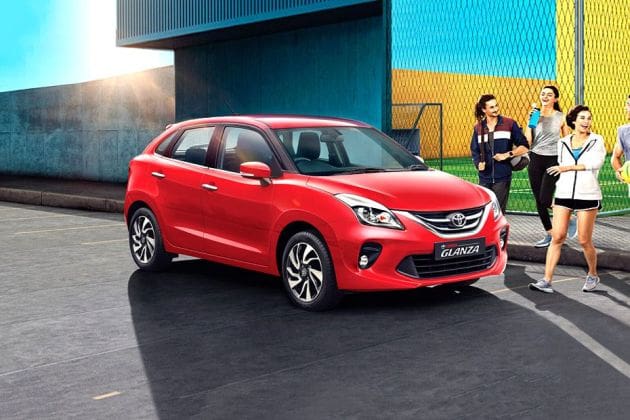US plants hope to maintain production despite virus threat


US factories have been cranking out goods during much of the pandemic at rates that are remarkably close to normal. However, manufacturers are concerned they may not be able to keep pace until most of the country is vaccinated because the coronavirus continues to surge in areas where many plants are based.
Safeguards that were put in place after the initial wave of the virus appear to have prevented the large outbreaks that sickened hundreds of workers and forced automakers, meat processors and other businesses to halt production last spring.
Also check these Vehicles
Also Read : This is the first driverless car delivery service ever in California
But with the nation's COVID-19 death toll eclipsing 300,000 and the virus spiking in communities that surround the plants, industry and union officials say it may be impossible to keep the virus out of factories.
“We are seeing an increase in the number of positive (test) rates like you're seeing in the surrounding communities," said Gary Johnson, chief manufacturing officer at Ford Motor Co., which has about 56,000 hourly factory workers nationwide.
Federal Reserve statistics show that U.S. industrial output is about 5 per cent below levels in February, before the pandemic hit. It fell by 16.5 per cent between February and April but has rebounded since, led by auto manufacturing.
Beef and pork production have both been running just below last year's levels, Iowa State University agricultural economist Lee Schulz said.
But as it will be months before many people will be able to get vaccinated, factories will remain vulnerable.
Also Read : This is the first driverless car delivery service ever in California
“Even though we are doing OK now, this virus can spread rapidly in areas," said Mark Lauritsen, director of the food processing and meatpacking division for the United Food and Commercial Workers International union. “I worry every day that this virus will explode in one of our plants again, even with all the precautions that we've taken."
At auto plants and factories in other industries where the United Auto Workers union represents workers, cases have risen slightly since around Halloween, but nearly all have been traced to outside of the plants, said UAW President Rory Gamble.
Since reopening in May after an eight-week shutdown, three workers from Fiat Chrysler factories near Detroit have died from the virus, raising fear among thousands of workers.
Gamble said much of the fear has come from misinformation about workers catching the virus in factories, which is not true.
“They need to have a complete understanding that we're doing everything we can to keep them safe," Gamble said. “Because they have a right to be afraid." The statistics on the pandemic's impact on the meatpacking industry offer plenty of reason to worry.
The UFCW union, which represents roughly 80 per cent of the nation's beef and pork workers and 33 per cent of its poultry workers, estimates that at least 19,800 meatpacking workers have been infected or exposed and 128 have died of COVID-19.
Employees such as Donald Nix, who works at a Tyson Foods pork processing plant in Waterloo, Iowa, agonizes about the virus that sidelined him for 27 days in the spring with a fever, body aches and severe headaches.
Nix, 51, is concerned because co-workers keep getting sick. During the spring, more than 1,000 of the plant's 2,800 workers were infected and at least six died. “My workplace is still high risk. My job is still high risk," he said. But the giants of the meat industry — Tyson Foods, Smithfield Foods, JBS and Cargill — contend that the safety measures that were put in place after the major outbreaks last spring have enabled them to limit the spread of the virus.
Also Read : Musk's Tesla can't match this 'renewable energy-fuelled car': Anand Mahindra
“We made substantial investments in personal protective equipment, social distancing safeguards, and other increased health and safety measures across our business. We've seen a dramatic reduction in active cases involving our team members since last spring," Tyson CEO Dean Banks recently told investors.
Measures include wellness questionnaires before work, temperature checks, plastic screens between work stations, increased cleaning of the plants, random testing, and the required use of masks and other protective equipment.
The industry spent roughly USD 2.5 billion on those improvements and additional pay for workers in the first six months, said Will Sawyer, a protein economist at Cobank, an agribusiness bank.
At Ford, factories are operating at about 98 per cent of their pre-pandemic production. Most workers who have symptoms or have been exposed to the virus stay home until the danger of infecting others has passed, limiting its spread in the plants, Johnson said. The automaker hires temporary workers to take their place, allowing it to keep assembly lines running.
Auto and meatpacking companies say generally less than 1% of their workforces are catching the virus. Automakers and the UAW are urging workers to wear masks in public outside the plants. (AP) MRJ








 75 kWh
75 kWh 396 km
396 km


 2487 cc
2487 cc Petrol
Petrol













